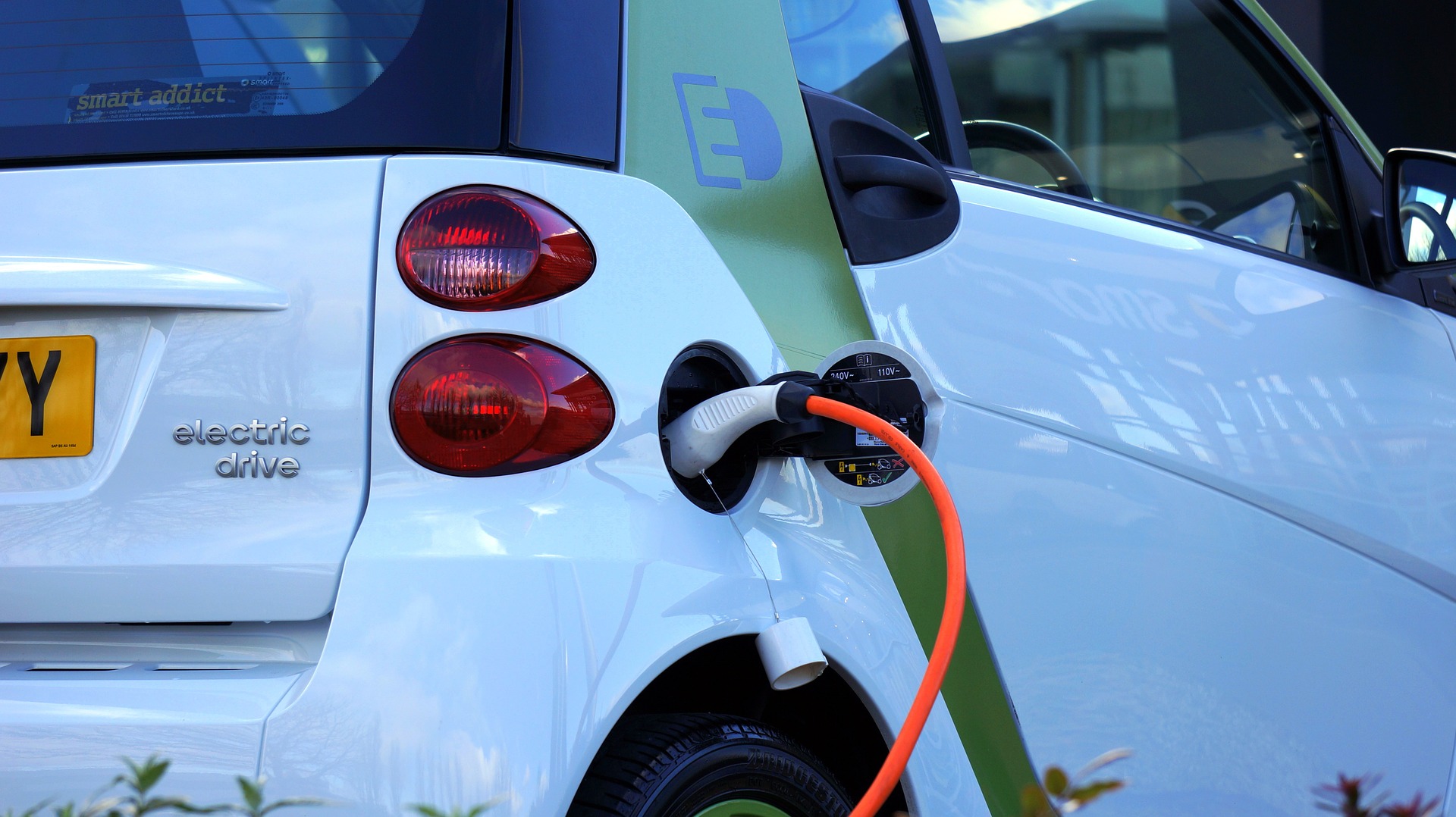
"We reject any form of tax changes that would put extra burdens on people," the Foreign Minister said.Continue reading

The European Union’s objective is to become carbon neutral by 2050 to curb the negative effects of climate change. This means that it wants to emit fewer greenhouse gases, mainly carbon dioxide than it can sequester naturally or artificially. To this end, a year ago the European Commission tabled a package of climate protection proposals called “Fit for 55,” which included a requirement that from 2035 only cars and light commercial vehicles with zero CO2 emissions can be registered in the EU. Index‘s opinion article analyzes the current situation.
This may seem like the end of 150 years of internal combustion engines in the EU, but this is not the case, because hydrogen and so-called synthetic fuels could be used to run an internal combustion engine in a carbon-neutral way, and the engine system does not even need to be significantly modified to refuel the latter. However, whether synthetic fuels are a viable solution in the long term is debatable.
The number of passenger cars is growing everywhere in the world, including in Europe. In the European Union, there are around 255 million cars on the road, whose average age is almost 12 years and of which 1.2 million are electric. This means that if synthetic fuels were to give internal combustion engines no chance of survival, the assets of so many European households would start to depreciate slowly as the 2035 target date approaches, Index reports. Over time, only those who can no longer afford a new car would buy a used diesel or petrol car at a reduced price. With the recent decision of the European Council, everyone now has the chance to go green with their current car after 2035, and the loss of hundreds of billions of euros in pan-European wealth has been avoided.
Cars are expensive but now it will be even more so across Europe. According to Gábor Gablini, president of the National Association of Car Dealers (Gémosz), new cars in Hungary have increased by an average of 20 percent this year, with some models seeing price increases of 40 percent. In such times, a used car should be valued, and it should also be able to be “greened,” Index writes. The green transition is also hitting European car manufacturers hard.
Source: Index
Featured image: illustration via Pixabay